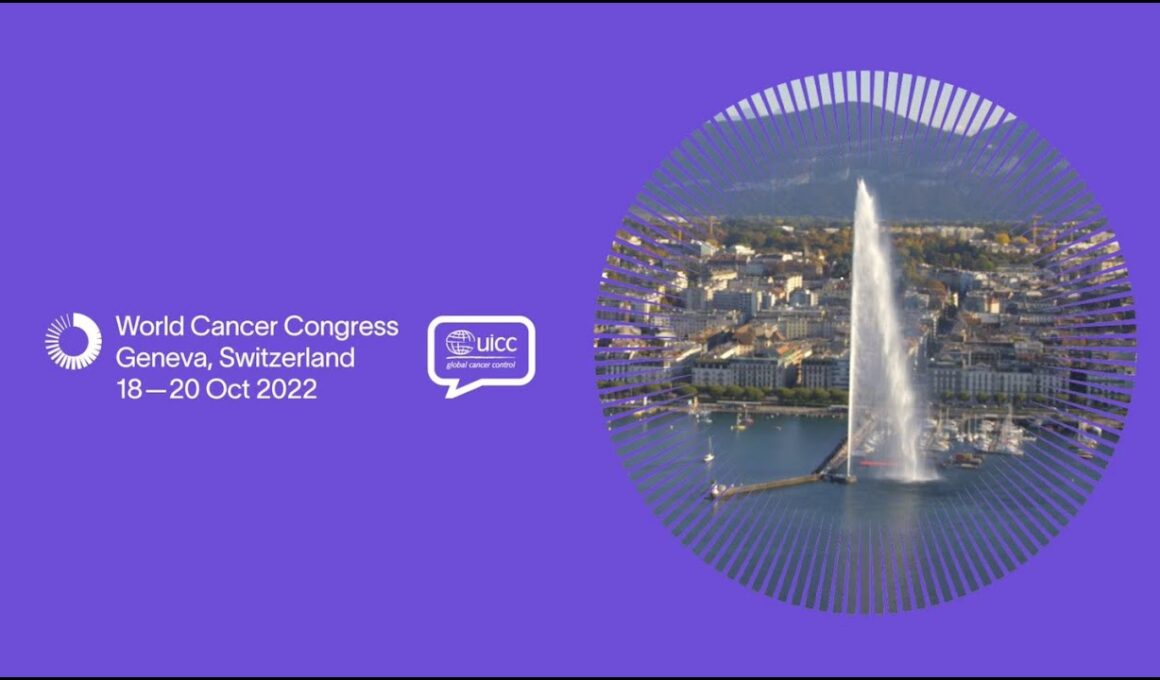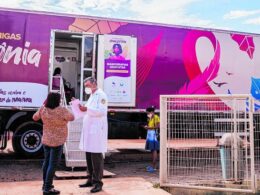This is a republication of the article “Lack Of Cancer Detection And Treatment Is Driving Deaths In Poorer Countries”, with the title above.
Health Policy Watch
Kerry Cullinan
19/10/2022
Site Editor:
Joaquim Cardoso MSc.
health transformation — institute for continuous health transformation
October 19, 2022
Common cancers that can be treated successfully when they’re detected early — breast, cervical, colorectal and prostate — are causing high mortality in low and middle-income countries (LMICs) because of a lack of screening and treatment, …
… Dr Cary Adams, CEO of the Union for International Cancer Control (UICC), told a press conference at the start of the World Cancer Congress in Geneva on Tuesday.
“We see this inequity in childhood cancer,
- with 80% survival rates in high-income countries and
- as low as 20% in low and middle-income countries,”
he added at the start of the hybrid in-person and online congress, which is being attended by some 2,000 scientists, public health officials, civil society representatives and cancer control experts from 120 countries.
“We see this inequity in childhood cancer, with 80% survival rates in high-income countries and as low as 20% in low and middle-income countries,”
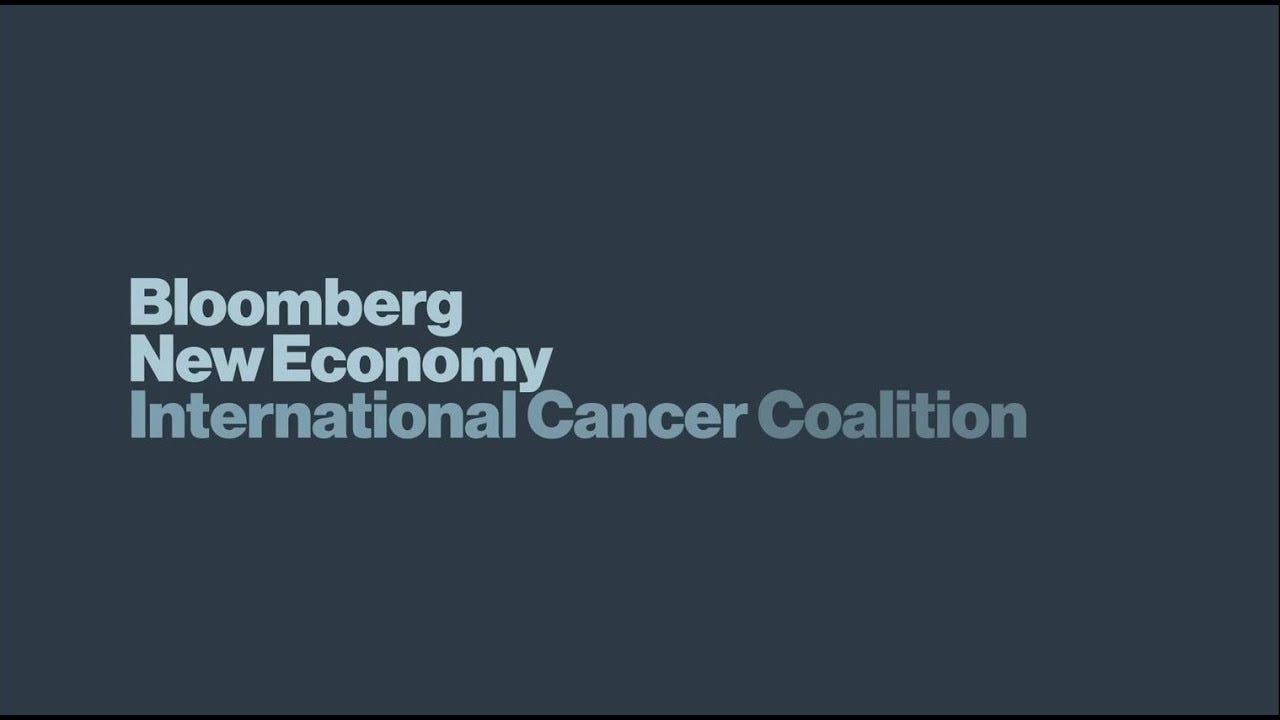
A new study by members of the Bloomberg New Economy International Cancer Coalition released this week calculates that …
… at least 1.5 million deaths, representing 20% of global cancer deaths, could be avoided each year …
… if international regulations around patient trials were more standardized and people placed on life-saving treatment immunotherapy treatments such as Pembrolizumab (for lung cancer) and Enzalutamide (prostate cancer).
… at least 1.5 million deaths, representing 20% of global cancer deaths, could be avoided each year if — (1) international regulations around patient trials were more standardized and (2) people placed on life-saving treatment immunotherapy treatments such as Pembrolizumab (for lung cancer) and Enzalutamide (prostate cancer).
Despite the US Food and Drug Administration (FDA) approval of Pembrolizumab in 2016 and Enzalutamide in 2012, neither drug is yet available in many countries and regions of the world …
… due to “regulatory isolationism that is preventing approval and usage of these and other much-needed oncology therapies”, according to the study.
Despite the US Food and Drug Administration (FDA) approval of Pembrolizumab in 2016 and Enzalutamide in 2012, neither drug is yet available in many countries and regions of the world …
… dueto “regulatory isolationism that is preventing approval and usage of these and other much-needed oncology therapies”…
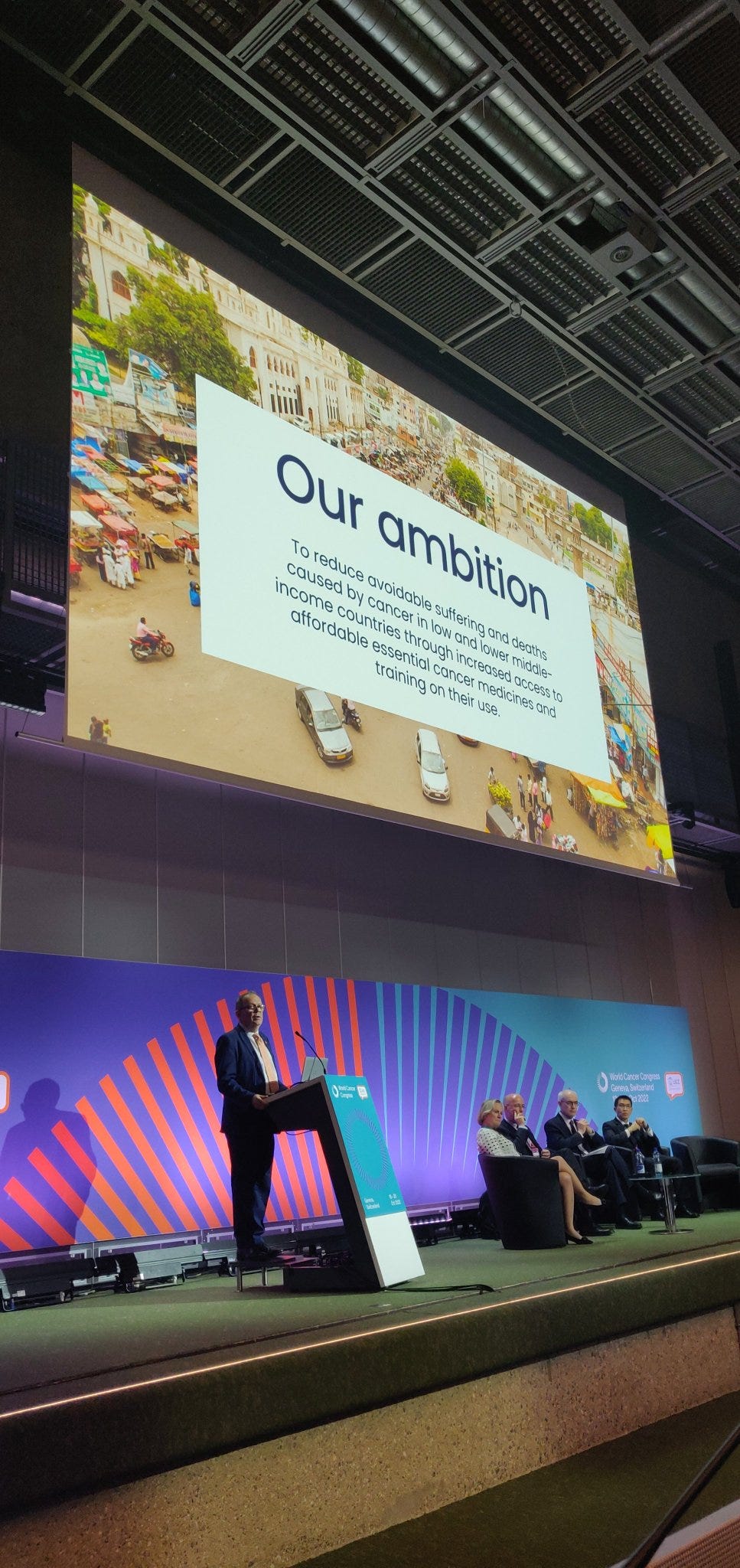
The Access to Oncology Medicines (ATOM) Coalition, which was formed in May, has started to engage with pharmaceutical generic and biosimilar companies …
… “to see whether we can find ways to get their medicines into LMIC countries either by increasing donations, by tier pricing or using a voluntary licence mechanism”, said Adams.
The Access to Oncology Medicines (ATOM) Coalition, which was formed in May, has started to engage with pharmaceutical generic and biosimilar companies “to see whether we can find ways to get their medicines into LMIC countries
… either by increasing donations, by tier pricing or using a voluntary licence mechanism”…
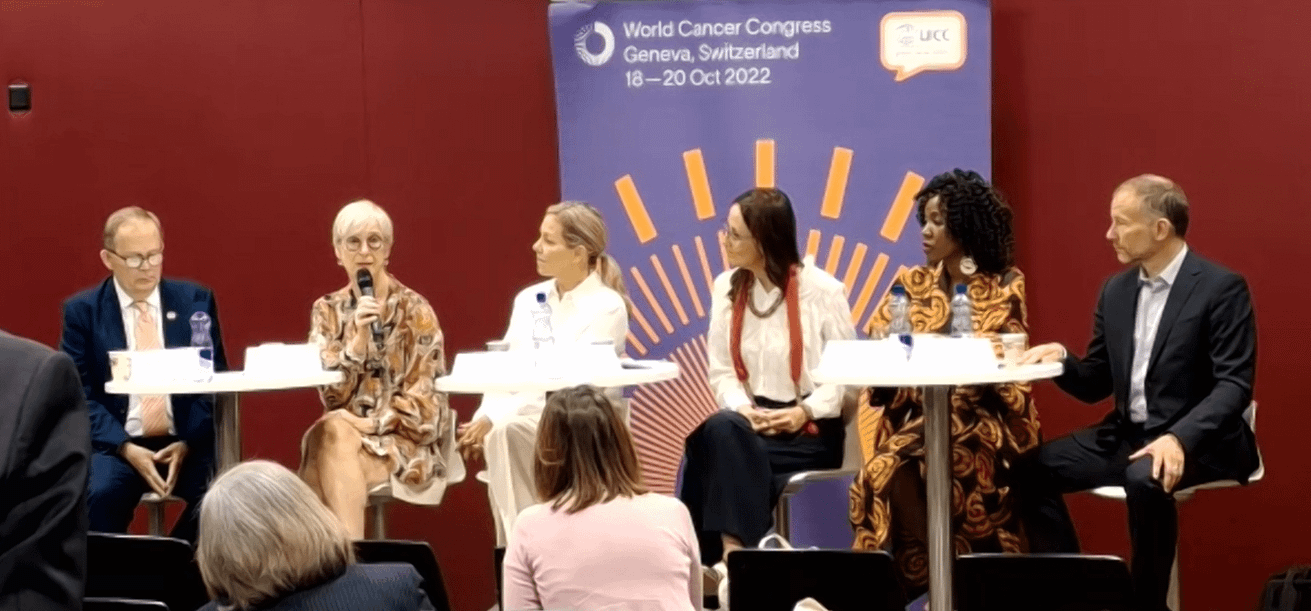
Dr Bente Mikkelsen, director of non-communicable diseases (NCDs) at the World Health Organization (WHO), said that the WHO had private sector dialogues every six months “where we have defined asks for most of the diseases and we call for commitments to be able to increase access to medicines and devices”.
“On cancer, our focus is now of course on the medicines that are already on the essential medicine list, but we don’t shy away from the innovative new drugs and devices,” said Mikkelsen, adding that the dialogue was a structured and safe way to discuss access to medicine.
“On cancer, our focus is now of course on the medicines that are already on the essential medicine list, but we don’t shy away from the innovative new drugs and devices,
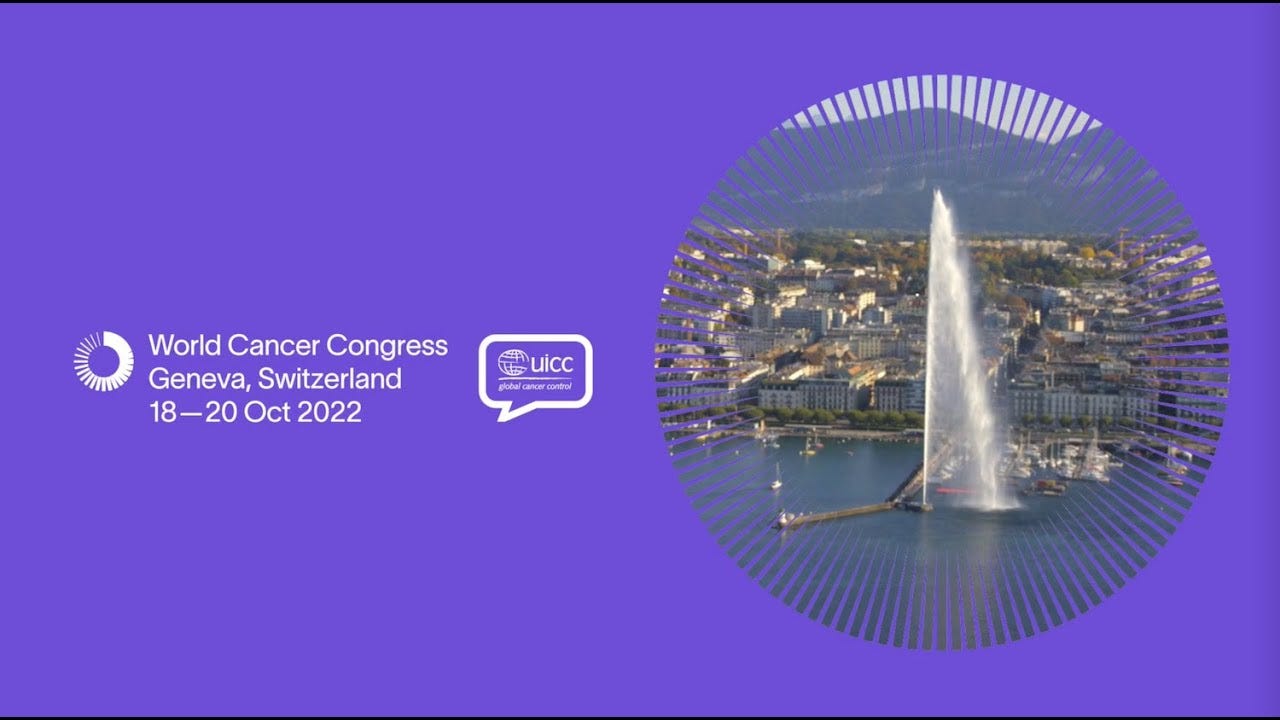
COVID disruptions
Mikkelsen pointed out that, in the four years since the last cancer congress, 30 million people had died of cancer — and there had been disruptions to 50–60% of cancer treatments during the COVID-19 pandemic.
… in the four years since the last cancer congress, 30 million people had died of cancer — and there had been disruptions to 50–60% of cancer treatments during the COVID-19 pandemic.
“This is happening because the health system is actually too weak,” said Mikkelsen.
“There is no [pandemic] preparedness without including cancer in universal health coverage.
We will not be able to manage the new pandemic or for a humanitarian crisis unless we build stronger health systems.”
“This is happening because the health system is actually too weak,”
We will not be able to manage the new pandemic or for a humanitarian crisis unless we build stronger health systems.”
Mikkelsen added that over 70% of people diagnosed with cancer in LMICs “pay out of their own pocket for things that should be covered by the governments …
… and this is very often the choice between food, care of the family or actual treatment and diagnosis”.
Mikkelsen added that over 70% of people diagnosed with cancer in LMICs “pay out of their own pocket for things that should be covered by the governments …
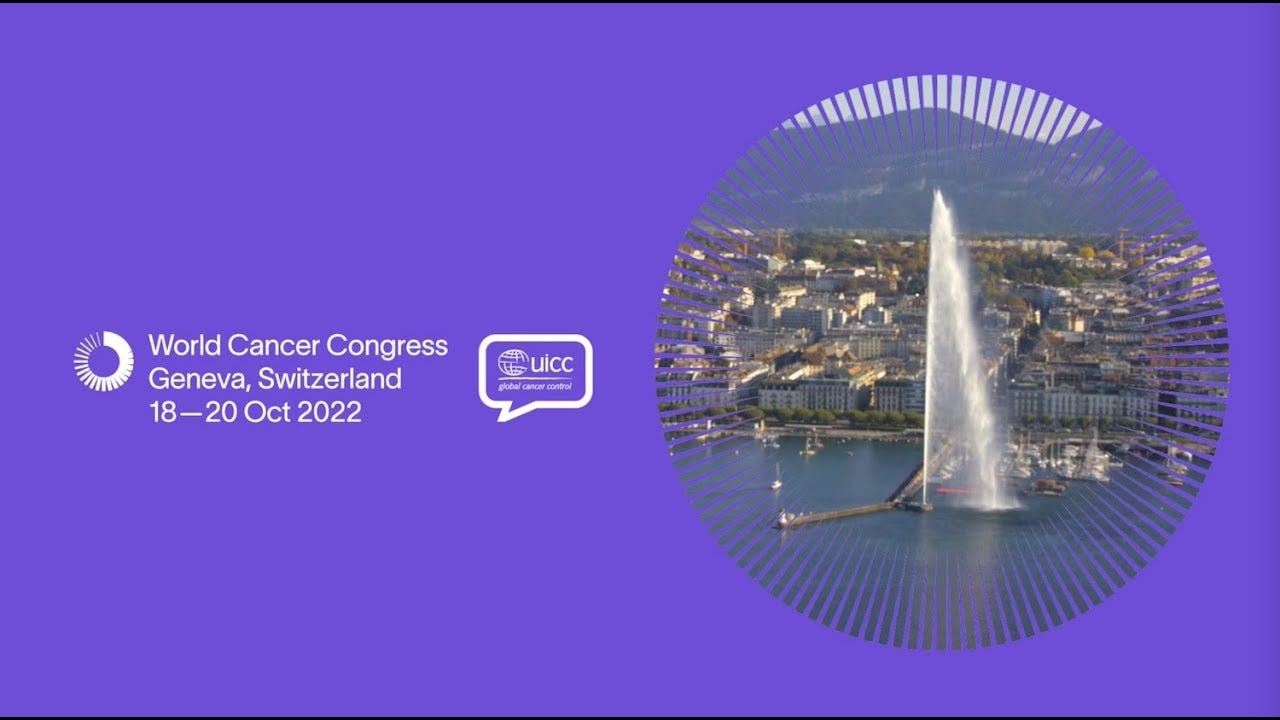
‘Financial toxicity’
Dr Miriam Mutebi, UICC Board Member and a breast surgical oncologist, said that “financial toxicity — the fact that patients paid themselves for cancer treatment”, was a big reason why the majority of African patients are “still getting diagnosed with advanced disease and frequently not completing their care”.
Women were particularly affected by a lack of finances as many were involved in the informal economy.
“Looking at the system’s challenges, we know in sub-Saharan Africa, women patients will see, on average four to six healthcare providers before a definitive diagnosis of their cancer, and this really underscores the need for increasing awareness, not just in the community but also amongst healthcare workers,” stressed Mutebi.
“Looking at the system’s challenges, we know in sub-Saharan Africa, women patients will see, on average four to six healthcare providers before a definitive diagnosis of their cancer …
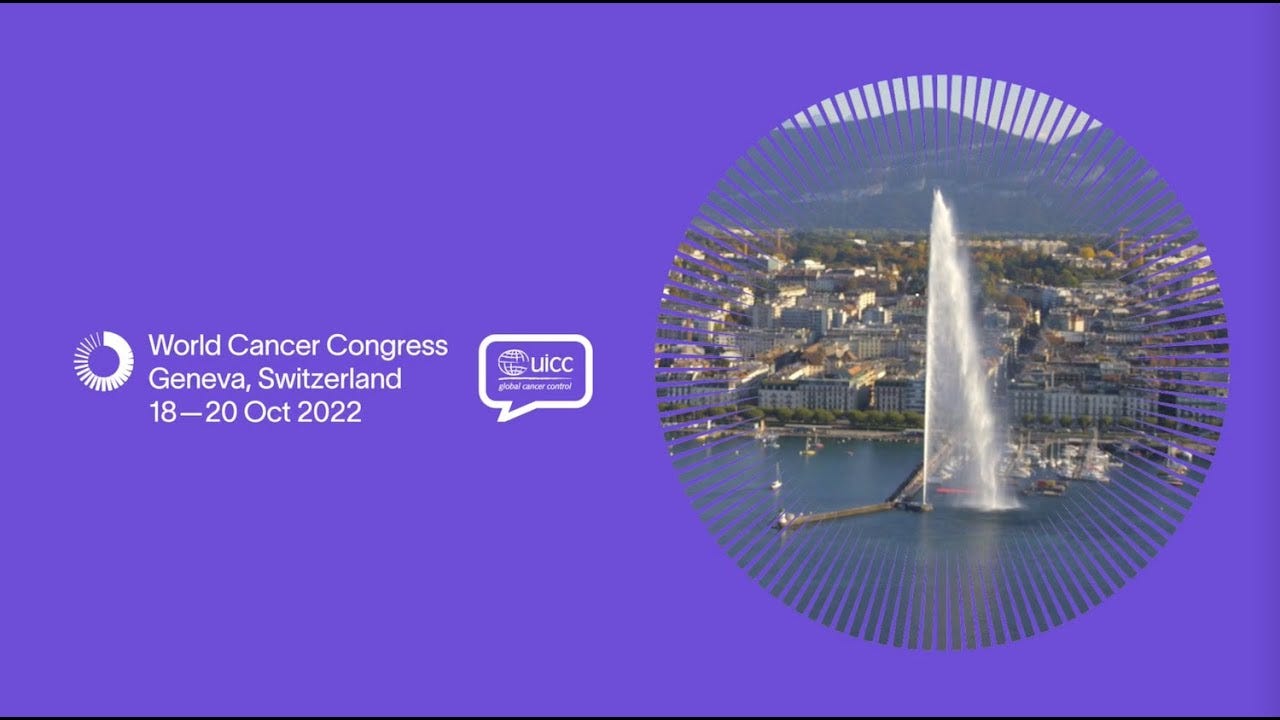
Mexico’s civil society makes cancer ‘law’
Mexican cancer survivor Alejandra de Cima Aldrete, Founder and President of Fundación CIMA, said that civil society in her country was in the process of drawing up cancer laws themselves.
“Every day I hear horrible stories about a massive shortages of medicine, about women that have to wait months before they get they get seen by a specialist, of woman that died because they didn’t have the money to continue their treatment,” said Aldrete.
“So my commitment today with my people in my country is to improve the lives of people living with cancer through changes in the legislation, the most meaningful, efficient and with the outmost reach being the general cancer law from Mexico that is currently being drawn up by 13 NGOs, mine included.”
“The cancer law would provide the very needed legal instrument that will allow us citizens to demand the policies that ensure quality and timely medical care for cancer patients.
It will force also the government to comply to its sections which include amongst others, the national cancer plan and the National Cancer Registry,” said Aldrete.

A million maternal orphans
Over one million children lose their mothers to cancer every year, according to a congress paper that modelled maternal orphans for the first time using data from 185 countries.
Over one million children lose their mothers to cancer every year,
In 2020, an estimated 4.4 million women died from all types of cancer worldwide leaving behind 1.04 million new orphans (aged 18 and under), according to researcher Dr Valerie McCormack from the French International Agency for Research on Cancer (IARC).
Almost half the orphans were in Asia (49%), and over one-third were from Africa (35%).
Their mothers died predominantly from breast (25%), cervical (18%) and upper-gastrointestinal cancers (13%).
The mortality rate of cervical cancer should be reduced through screening for, and vaccinating against, the human papillomavirus (HPV), while early detection and quality treatment of other cancers was essential “to avoid the impact on on the next generation”, said McCormack.
The mortality rate of cervical cancer should be reduced through screening for, and vaccinating against, the human papillomavirus (HPV), while early detection and quality treatment of other cancers was essential
“Orphans in some settings have lower educational levels and higher mortality than their peers. So it’s not only the women who die, we need to prevent their deaths,” she added.
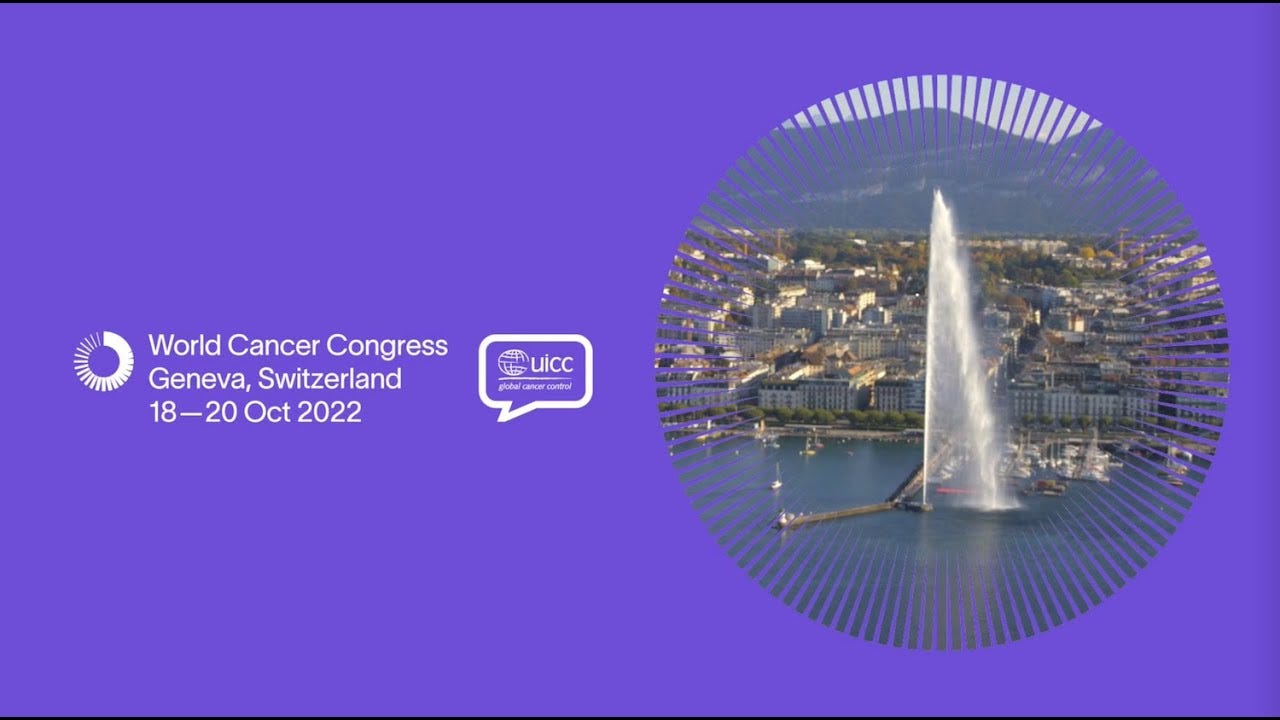
WHO cancer survey
Meanwhile, the WHO launched the first global survey on Tuesday to better understand and address the needs of all those affected by cancer.
Noting that nearly every family globally is affected by cancer, either directly — 1 in 5 people are diagnosed with cancer during their lifetime — or as caregivers or family members, …
… the survey “is part of a broader campaign, designed with and intended to amplify the voices of those affected by cancer — survivors, caregivers and the bereaved — as part of WHO’s Framework for Meaningful Engagement of People Living with Noncommunicable diseases”.
Noting that nearly every family globally is affected by cancer, either directly — 1 in 5 people are diagnosed with cancer during their lifetime — or as caregivers or family members,
“For too long, the focus in cancer control has been on clinical care and not on the broader needs of people affected by cancer,” said WHO Director-General Dr Tedros Adhanom Ghebreyesus.
“Global cancer policies must be shaped by more than data and scientific research, to include the voices and insight of people impacted by the disease.”
“For too long, the focus in cancer control has been on clinical care and not on the broader needs of people affected by cancer …
“Global cancer policies must be shaped by more than data and scientific research, to include the voices and insight of people impacted by the disease.”
Originally published at https://healthpolicy-watch.news on October 19, 2022.
Names mentioned:
Cary Adams, Bente Mikkelsen, Alejandra de Cima Aldrete, Valerie McCormack, Miriam Mutebi and Olivier Michielin address the World Cancer Congress press conference.
… Dr Cary Adams, CEO of the Union for International Cancer Control (UICC),
Dr Bente Mikkelsen, director of non-communicable diseases (NCDs) at the World Health Organization
Mexican cancer survivor Alejandra de Cima Aldrete, Founder and President of Fundación CIMA
researcher Dr Valerie McCormack from the French International Agency for Research on Cancer (IARC).




